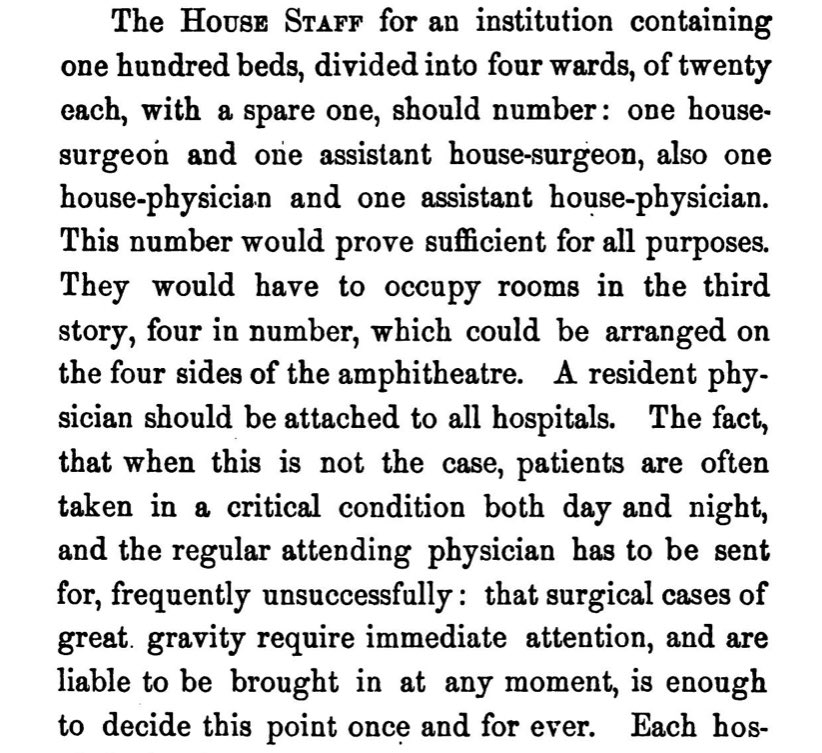
When I was a resident, I don’t think I ever missed a day for being sick.
It wasn’t that I never got sick - I mean, I did my residency in pediatrics - it’s just that I never missed work when I was.
(a rambling 🧵)
It wasn’t that I never got sick - I mean, I did my residency in pediatrics - it’s just that I never missed work when I was.
(a rambling 🧵)
It wasn’t just me. There was a strong culture that you didn’t “dump” on your co-residents by asking them cover you.
Once, I remember my senior resident giving herself IV fluid in the call room so she wouldn’t have to call in backup.
Somehow, at the time, this seemed courageous.
Once, I remember my senior resident giving herself IV fluid in the call room so she wouldn’t have to call in backup.
Somehow, at the time, this seemed courageous.
Now, it’s hard to believe we were so foolish. We put ourselves and our patients at risk of serious harm.
But COVID-19 changed that culture. Nowadays, it’s no longer considered okay - much less expected - to come to work sick.
That’s a good thing.
But COVID-19 changed that culture. Nowadays, it’s no longer considered okay - much less expected - to come to work sick.
That’s a good thing.
Of course, there is a downside.
When I was a resident, being scheduled as “backup” was no big deal. If you were scheduled to be on elective, you did your elective. And if you were “backup” but had the weekend off, you could count on being off.
When I was a resident, being scheduled as “backup” was no big deal. If you were scheduled to be on elective, you did your elective. And if you were “backup” but had the weekend off, you could count on being off.
But in COVID times, being scheduled as “backup” usually means you’re on… you just don’t know where.
We’ve had residents scheduled to do a two-week nephrology elective who made it to clinic only twice because they were pulled to cover their colleagues on the wards, ED, ICU, etc.
We’ve had residents scheduled to do a two-week nephrology elective who made it to clinic only twice because they were pulled to cover their colleagues on the wards, ED, ICU, etc.
I’m not suggesting that we go back to the bad old days.
But we have to acknowledge that it’s harmful for residents to feel like they’re always on call and about to have their schedule disrupted.
It’s yet another toxicity of COVID-19 on resident training.
But we have to acknowledge that it’s harmful for residents to feel like they’re always on call and about to have their schedule disrupted.
It’s yet another toxicity of COVID-19 on resident training.
I promised a rambling thread and I hope I didn’t disappoint. I’m not gonna end with any grand proposal because I don’t have one. Just sitting here trying to brainstorm how we can better support our residents in this kind of environment.
Thoughts?
Thoughts?
• • •
Missing some Tweet in this thread? You can try to
force a refresh











